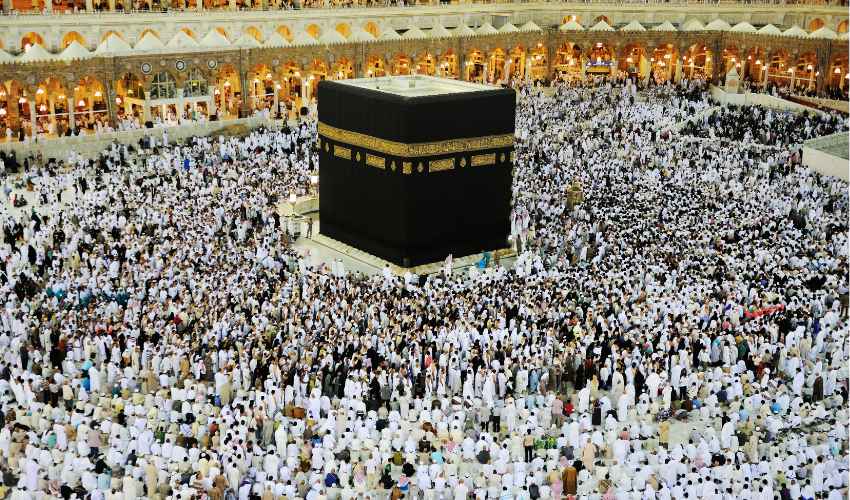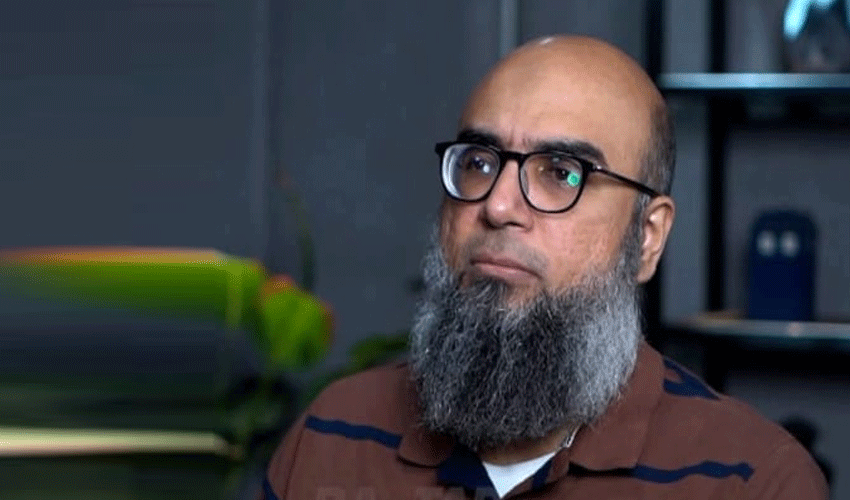Chairman of the Pakistan Ulama Council Allama Tahir Ashrafi urged the people to maintain spiritual devotion during the sacred pilgrimage of Hajj, instead of focusing on the social media.
Asserting that Hajj is an act of worship solely for the sake of Allah, Ashrafi clarified that social media documentation over spiritual engagement during the sacred pilgrimage was not fair.
"Allah's house, Baitullah, demands our utmost reverence and devotion," stated Ashrafi, condemning the practice of capturing images of pilgrims instead of focusing on the essence of worship.
He stressed that such actions are not only impolite but also detract from the sanctity of the pilgrimage experience.
Ashrafi highlighted the necessity for Pakistani pilgrims to adhere to the regulations set forth by the Saudi Ministry of Hajj, emphasizing the importance of carrying computerized identity cards at all times.
Failure to comply with these requirements, he cautioned, may result in difficulties accessing certain pilgrimage sites.
Amidst discussions surrounding the intersection of Saudi laws and Sharia, Ashrafi asserted that there exists no conflict between the two.
Sharing the stance of the Pakistan Ulama Council, he urged pilgrims to uphold the sanctity of Baitullah and respect the regulations set forth by the Saudi authorities.
As the first Hajj flight prepares for departure on May 9, Ashrafi reiterated the significance of Hajj as a religious obligation, stressing that the pilgrimage must be approached with sincerity and humility. He also reminded pilgrims of their duty to uphold the sanctity of Baitullah and to refrain from engaging in religious hypocrisy and sectarianism.
Public Security enforces entry permits for Makkah ahead of Hajj
As per the Saudi Gazette report, the General Directorate of Public Security has announced the implementation of regulations for Hajj, requiring residents who wish to enter Makkah to obtain a permit from the relevant authorities, effective from Saturday, May 4, 2024.
This enforcement will occur at security checkpoints leading to the Holy Capital, where individuals without the proper permits will be turned away. The directive emphasizes the need for permits to enter workplaces in the Holy Sites, residences in the Holy Capital, or to perform Umrah or Hajj.
These routine measures are part of the annual efforts to organize the influx of pilgrims and residents during the Hajj season, ensuring safety and order.



























